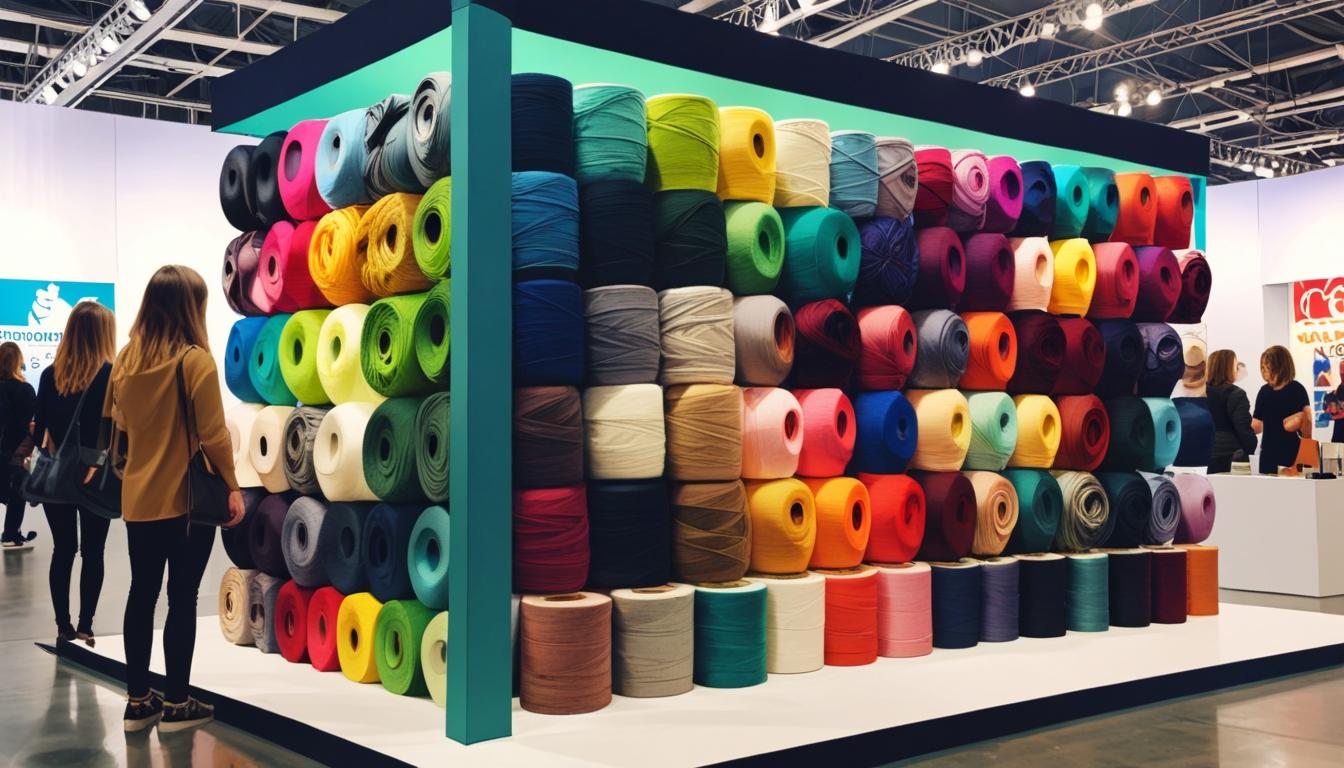Paris: Unifi has unveiled Integr8, an elastane-free stretch yarn made from post-consumer recycled plastic, at the Première Vision exhibition. With features like moisture management and UPF protection, it aims to meet the demand for sustainable textiles in the apparel and footwear sectors.
Unifi, a leading textured yarn supplier based in Greensboro, has recently unveiled an innovative elastane-free stretch yarn known as Integr8. This significant development, made from post-consumer recycled plastic, is designed for diverse applications within the knitting sector.
Integr8 is being showcased at the Première Vision exhibition taking place in Paris this week, marking its debut in the marketplace. The yarn boasts several certifications, including U-Trust, Oeko-Tex, Global Recycled Standard (GRS), and SCS, validifying its recycled content and commitment to sustainability. Notably, Unifi incorporates its proprietary FiberPrint technology into Integr8, allowing for traceability of materials throughout the product’s lifecycle.
Eddie Ingle, the chief executive officer of Unifi, expressed enthusiasm about the launch, stating, “Integr8 represents a breakthrough, particularly for apparel and footwear brands that have long sought the stretch of spandex without the associated environmental burden.” He further added that Unifi possesses “one of the industry’s most comprehensive suites of performance-engineered technologies,” enabling the company to meet the rising demand for sustainable and functional yarns.
The attributes of Integr8 include ultra-softness and high performance in moisture management, making it well-suited for apparel, footwear, and home furnishings. Additionally, the yarn features evaporative cooling, UPF protection, easy-care, and low-wrinkle characteristics, appealing to a wide range of consumers looking for both functionality and sustainability.
Unifi’s statement highlighted that the new yarn is available globally, with seamless applications across various fabric uses. It emphasised that the yarn’s multifaceted functionality and broad availability present vital opportunities for the textile sector, particularly for brands focused on developing circular performance products and achieving ambitious sustainability targets in their manufacturing processes.
Source: Noah Wire Services





2 Comments